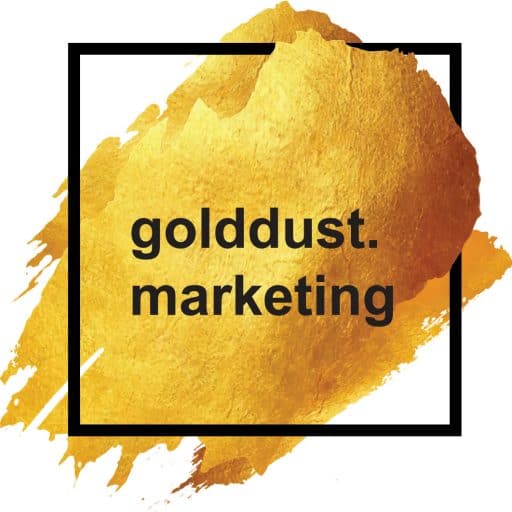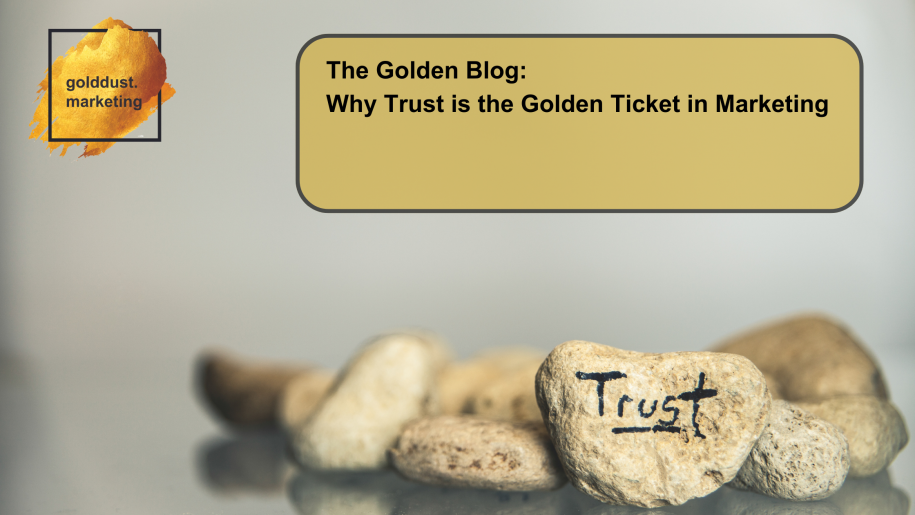Why Trust is the Golden Ticket in Marketing
It’s a crowded, noisy world out there. Brands bombard us with endless eye-catching campaigns, making loyalty a rare gem. But what’s the foundation for that loyalty? Trust. It’s the invisible thread that binds us to brands, the reason we choose one airline over another or stick with a familiar brand of fizzy drink, washing up liquid, clothing shop. You get the picture. We trust these brands to deliver on their promises, whether it’s quality, convenience, or a specific experience.
Recent headlines paint a stark picture of what happens when trust crumbles. The Post Office Horizon scandal, where employees were wrongly accused of theft due to a faulty accounting system, is a case in point. Here, a long-standing institution built on reliability shattered its reputation through a systemic failure. Ryanair’s strategy of charging customers with hidden fees erodes trust in their commitment to affordability.
And let’s not forget the devastating impact of Boeing’s aeroplane failures, where (to the outsider) prioritising profit over safety has shattered consumer confidence. These examples show us how quickly a brand’s image can be tarnished. Rebuilding trust, however, is a long and arduous journey. Studies by PwC suggest it can take years, if not decades, to recover from a major breach of trust.
So, how do we, as businesses, navigate this treacherous, complex maze? Here’s the key takeaway: Focus on authenticity, transparency, and building genuine relationships.
- Be Honest and Transparent: Consumers today are savvier than ever. Avoid inflated claims and misleading advertising. If you make a mistake, own it and communicate a clear plan for rectification. People appreciate brands that take responsibility and show a willingness to learn from their mistakes. The Volkswagen emissions scandal is a cautionary tale. Their initial attempts to downplay the issue significantly damaged trust and resulted in hefty fines and a protracted legal battle.
- Put Customers First: Customer satisfaction should be the cornerstone of any marketing strategy. Proactive customer service and addressing concerns promptly go a long way in building trust.
Here’s an example: John Lewis, a retail chain which includes Waitrose is renowned for its customer service. It empowers its staff to resolve customer issues efficiently, fostering a sense of trust and loyalty.
- Show Your Values: Don’t just preach them. Align your marketing efforts with social responsibility initiatives that resonate with your target audience.
- Build Relationships: Social media is a powerful tool for fostering two-way communication. Engage with your customers, answer their questions, and show them you value their feedback. Patagonia, the outdoor apparel company, is a master of social media engagement. They actively respond to customer comments and encourage discussions about environmental issues, building a community around their brand.
Building trust is an ongoing process. It requires consistent effort and a commitment to these core values. Here are some additional tips:
- Be a Reliable Source: In today’s age of misinformation, consumers crave trustworthy information. Provide valuable content that educates and informs your audience, establishing yourself as a thought leader in your industry.
- Deliver on Your Promises: Don’t overpromise and underdeliver. Ensure your products and services meet the expectations you set in your marketing materials.
- Be Human: Consumers connect with brands that have a personality. Use storytelling and humour to connect with your audience on an emotional level.
Remember, trust is an ongoing conversation, not a one-time transaction. By consistently demonstrating these core values, you can build a loyal customer base that weathers the storms and becomes your brand’s strongest advocate. Because in the end, loyalty isn’t bought – it’s earned.

